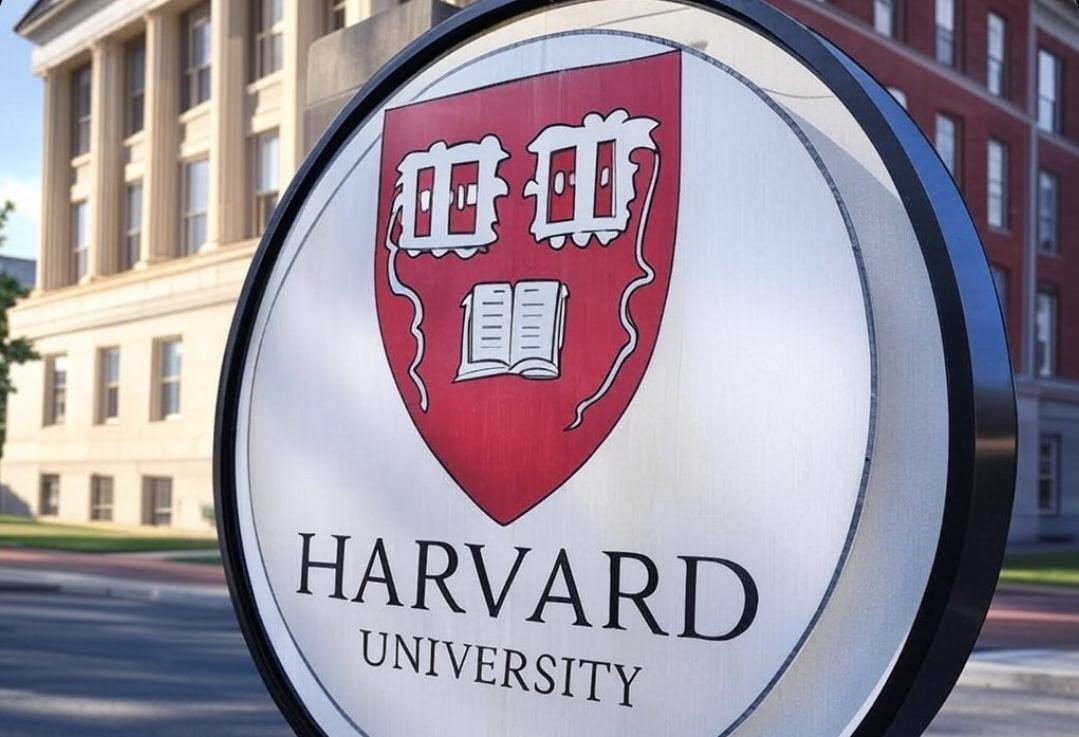
In a surprising turn of events, Harvard University, one of the most prestigious institutions in the world, is facing its highest jobless rate in over a decade. Reports suggest that 25% of its latest graduates are struggling to secure employment, a stark contrast to the university’s historically high job placement rates.
What’s Behind the Rising Joblessness?
Several factors may be contributing to this unexpected spike in unemployment among Harvard graduates:
1. Economic Slowdown: A sluggish global economy and recent market downturns have reduced hiring across multiple industries. Many companies are cutting back on recruitment, leading to fewer opportunities even for Ivy League graduates.
2. Tech and Finance Layoffs: Traditionally, Harvard graduates have thrived in finance and tech sectors. However, major layoffs in these industries—particularly in investment banking and big tech—have significantly impacted job prospects.
3. Changing Job Market Dynamics: Employers are increasingly prioritizing practical skills and experience over prestigious degrees. Startups and mid-sized firms, once eager to hire top Ivy League talent, now look for candidates with hands-on expertise in emerging fields like AI, blockchain, and sustainability.
4. High Salary Expectations: Harvard graduates often enter the job market with high salary expectations. In a time of economic uncertainty, companies may be opting for more affordable hires over Ivy League talent.
How Are Harvard Graduates Coping?
With job opportunities dwindling, many graduates are exploring alternative career paths:
Entrepreneurship: Some are launching their own startups, leveraging Harvard’s strong alumni network and access to venture capital.
Further Studies: A growing number of graduates are pursuing advanced degrees or specialized certifications to enhance their employability.
Gig Economy & Freelancing: Many are turning to consulting, freelancing, and contract-based work as a temporary solution.
What Does This Mean for Future Graduates?
This trend could signal a shift in how students approach their education and career planning. It may encourage:
Greater emphasis on skill-based learning rather than relying solely on prestigious degrees.
More students diversifying their career options beyond traditional fields like finance and consulting.
Universities rethinking their career counseling and industry partnerships to ensure better job placements.
While Harvard’s high unemployment rate is surprising, it reflects broader changes in the job market. Prestigious degrees alone no longer guarantee success—adaptability, practical skills, and networking play an increasingly crucial role. As the economy recovers, it will be interesting to see how top universities and their graduates adjust to this new reality.




